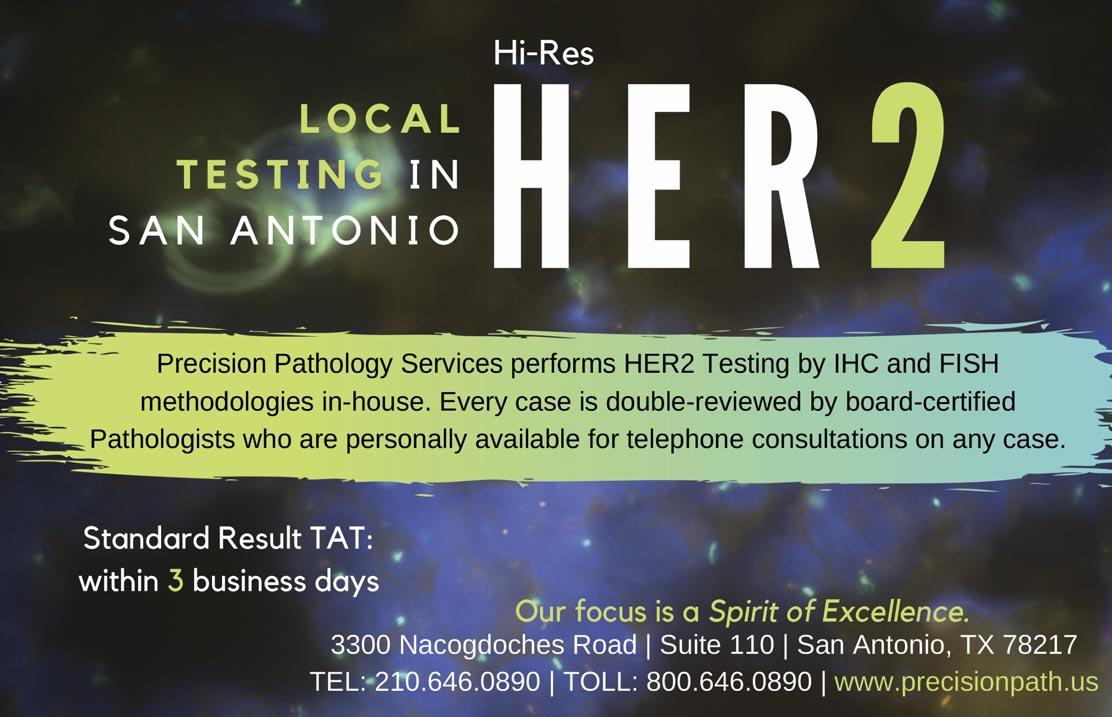
4 minute read
On the Other Side... What Ifs After the Pandemic
By Timothy C. Hlavinka, MD
In late January, I received a frantic call from a good friend; she was in Daegu, South Korea teaching English as a second language. Many of her students were from the Church that suffered the early outbreak of contagion. She was scheduled to come back home in early February and sought my advice.
Advertisement
At the same time, a colleague received an email from a friend in Wuhan sharing conclusive evidence of the unpreventable spread of this new plague.
The next day, the Chief Scientific Officer of a microbial genetics lab for which I consult called to ask if I had any connections with research facilities that could provide the viral genetic sequences for COVID19. He had called the CDC and offered to turn his lab into a COVID19 testing facility, promising 100,000 tests a week within three weeks. To paraphrase a milder version of the conversation, he was told to “go jump off a cliff”.
My friend was to arrive home from South Korea via DFW in a few days. I made calls to the CDC and Texas State Department of Health Service (DHS) to find out what protocols were being put in place for travelers. No one had any answers; no one seemed to know anything. Our own, San Antonio Metro Health Department was the only source of reliable information; they suggested my friend quarantine in Dallas. She got off her plane in DFW with 348 other passengers, all in masks, and no one even asked where she had been traveling. The stage for the inevitable spread of this virus had been set.
I illustrate my story as I imagine we all have stories similar to this. That gut-check moment when you first realized that we were on our own, that our most esteemed institutions were failing us. We did what we always do; we rolled up our sleeves and went to work.
In every town all across America, hundreds of healthcare workers manned the front lines, risking their health, their lives and the health and lives of their families. Others went to work on strategy and execution. Many of us had to go back to medical school, devouring a mountain of new information daily. Our younger colleagues received years of maturity in a few months. We relied on our knowledge and experience, our wits and our guts in high-risk, high-stakes moments from the bedside to the virtual situation rooms. Once again, the public will never know the magnitude of our sacrifice. This is our solemn obligation, and we met it again. No one had to recruit or cajole; we just showed up.
We as front-line workers see certainty and uncertainty in our future. Changes such as telehealth and virtual education are a certainty to become fixtures in our practice environment; innovation and ingenuity will still be rewarded and utilized. We are uncertain that we will see adequate support for these changes, or if once again we will be asked to bear the burden of the changes in healthcare.
Fundamental challenges to the acquisition of scientific knowledge will have to be overcome. Indeed, the concept of the randomized clinical trial is under scrutiny. My MRI of the future is no more accurate than yours, but I offer some thoughts based on my first virtual CME.
Susan L. Prescott, MD PhD, a pediatrician/epidemiologist in Western Australia offers bold ideas. Her research basis is termed "local projects with a global vision." In her ORIGINS Project, she seeks 10,000
families to evaluate the impact of changes in the first five years of life on the health of a community. She encourages medicine to act locally, in small Beta testing projects, so that cost and fear of failure are minimized. More importantly, she encourages medical workers to change the moral imperative of our time, focusing on one that is led by empiricism. The intended result being that healers be the leaders of our future.
Dr. Prescott offers that medicine should lead the charge to a paradigm shift in institutional reform, beginning with the most exigent –healthcare. She argues that we are uniquely positioned in this industry, with a knowledge of science and technology and the wisdom and vision to apply them to become the leaders of this new paradigm.
And why not? We are truly multidimensional professionals. When it comes to medicine, we are apolitical and global. We have shared the same frustration, anger and personal harm from the failure of our institutions as our colleagues did around the world. No one asked or cared which political party you belonged to when you were figuring out how to split a vent four ways. We share the same sorority and fraternity of never being able to say "no." Our sense of collegiality is unmatched. The moral imperative that drives each of us to do the most good for the most human beings has been beautifully illuminated across the globe in our most recent crisis.
Now it is our turn to take the moral high ground gained by sacrifice, and we must not yield this time! The public trust is a largesse that must not be wasted. There has never been a better time to be in medicine. Let us all choose this time to restore our rightful place in its hierarchy. Dr. Prescott encourages us to engage a colleague in conversations about policy and practice, and not to fear the grandest of ideas. I close with her final message:
Here's to that first step. I look forward to taking it with my esteemed colleagues.
Timothy C. Hlavinka, MD is a Urologist and a member of the Bexar County Medical Society.











